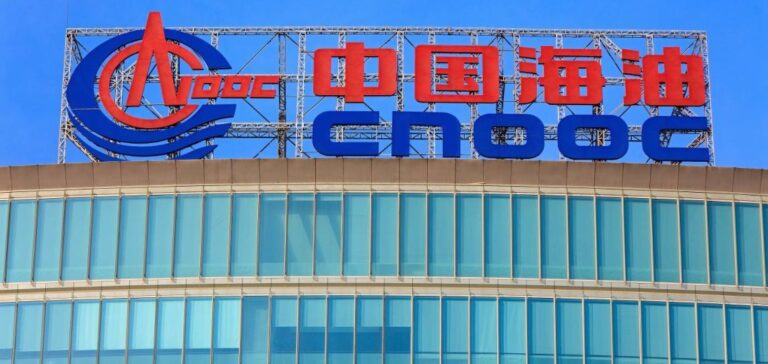China National Offshore Oil Corporation (CNOOC) will spend between 13 and 14 billion yuan annually on domestic exploration in the coming years, representing 68.2% of its exploration budget in 2023. This strategy aims to increase domestic reserves and production, underlining the importance of China’s offshore for the company. Recent major discoveries in the Bohai Sea and South China Sea, totalling over 733 million barrels, attest to the significant potential of these areas.
Offshore contributions and production growth
Offshore China, the main source of growth in the country’s crude production since 2020, continues to play a key role for CNOOC and China. In 2023, CNOOC’s domestic crude and liquids production grew by 6.6%, and its gas production by 12.3%, outstripping national growth, thanks in particular to ongoing investment and improved technology.
International expansion and cost strategy
In addition to its focus on domestic assets, CNOOC is exploring energy projects in Angola and maintaining a selective internationalization strategy. The company insists on keeping its total costs below $35/bbl, having succeeded in reducing its costs to $28.83/bbl by 2023. Cost discipline crucial to CNOOC’s competitiveness in the global market.
Committed to the energy transition
CNOOC aims to achieve peak carbon emissions by 2028 and carbon neutrality by 2050, while allocating 5-10% of its annual CAPEX to new energy sectors. As China’s leading developer of offshore wind energy and offshore carbon capture and utilization, CNOOC is also venturing into hydrogen.
With a rising CAPEX forecast for 2024, CNOOC plans to increase production to 1.95 million boe/day, with future projections even higher. This investment strategy aims to ensure sufficient reserves to support production growth until 2030, underlining CNOOC’s long-term expansion and efficiency objectives.





















